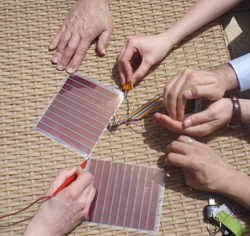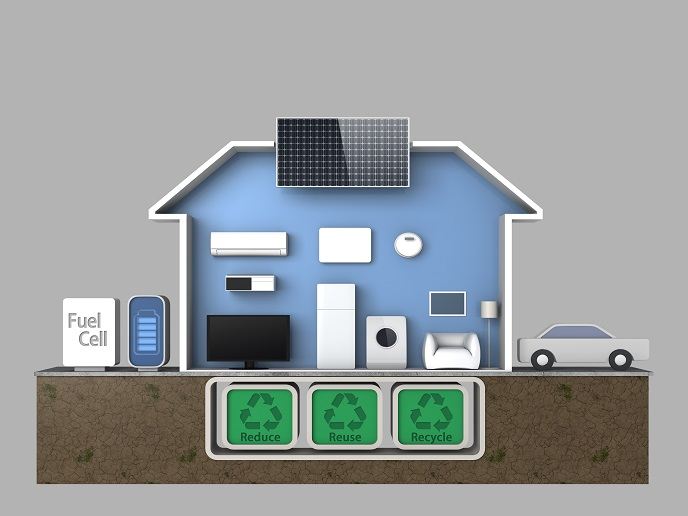A new era in flexible electronics
Flexible electronic devices (FEDs) are made with electronic components that can bend, rendering them useful to numerous applications from folding cell phones to connected car parts. There is a need to integrate this technology into transparent, ultra-high barrier, flexible materials, protecting it against oxygen and vapour while providing stability and endurance. The EU-funded project 'Ultra-high barrier films for r2r encapsulation of flexible electronics' (Flexonics) has worked on achieving these goals. It has done this in line with cost cost-effective, fast roll-to-roll (r2r) production processes, focussing on sophisticated barrier films to encapsulate the technology. The project worked on developing ultra barrier materials involving alternating layers of inorganic materials and inorganic-organic hybrid polymers, considering as wellalso transparency to integrate LED technology. Flexonics also developed novel, highly accurate optical sensing techniques to examine organic/inorganic layers and interfaces. Considerations included guaranteeing maximum uniformity and facilitating large large-scale production. By improving the reliability of FEDs, particularly involving LED-based displays and organic photovoltaics (OPV), a new generation of flexible, transparent, ultra-barrier layers will can be developed. This will support the production of a new generation of highly innovative products for industrial and consumer applications, from high-tech electronics displays to generating electricity from solar energy. The new technology and improved r2r production processes may impact the daily lives of Europeans in many ways, taking the market of optoelectronic and electronic devices to a new level. The new production process will also considerably minimise the use of glass, thick plastic parts and metal by using intelligent and controllable processes that deliver materials with high functionality. Lastly, semiconductors and biochips will also benefit, particularly in specialised machine systems, strengthening the competitiveness of European manufacturers in many ways.







